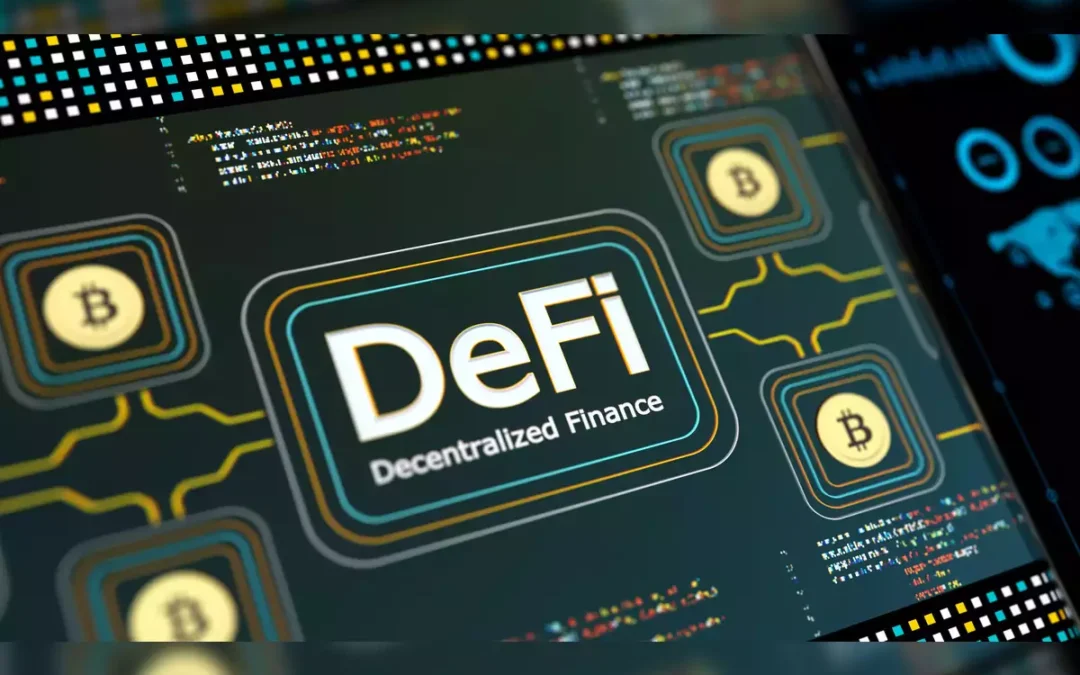Why Will DeFi Fail? An In-Depth Analysis
Decentralized Finance (DeFi) has been hailed as the future of finance, promising to revolutionize the traditional financial system. However, despite the initial excitement and rapid growth, there are several compelling reasons why DeFi might ultimately fail. In this blog post, we’ll delve into the potential pitfalls and challenges facing DeFi, and why these could lead to its downfall.
Regulatory Uncertainty
One of the biggest threats to DeFi is the lack of regulatory clarity. Governments around the world are still grappling with how to regulate decentralized financial systems. The decentralized nature of DeFi makes it difficult to enforce traditional regulatory measures, leading to potential legal issues. Regulatory crackdowns, like those seen with initial coin offerings (ICOs) and cryptocurrency exchanges, could severely impact the growth and adoption of DeFi platforms.
Security Concerns
Security is a major concern in the DeFi space. DeFi platforms are built on smart contracts, which are vulnerable to bugs and exploits. In 2020 and 2021 alone, there were numerous high-profile hacks and exploits that resulted in millions of dollars being stolen. These security breaches not only lead to financial losses but also erode trust in DeFi platforms. As more sophisticated attacks emerge, the security of DeFi systems will continue to be a significant challenge.
Scalability Issues
DeFi platforms currently face significant scalability issues. Most DeFi applications are built on the Ethereum blockchain, which has well-known scalability limitations. High gas fees and slow transaction times during periods of network congestion make DeFi platforms less efficient and user-friendly. While solutions like Ethereum 2.0 and layer-2 scaling are being developed, they are not yet fully implemented or proven at scale.
Complexity and Usability
For the average user, DeFi platforms are often complex and difficult to use. Navigating decentralized exchanges, understanding yield farming, and managing private keys require a level of technical knowledge that many people do not possess. This complexity acts as a barrier to entry for mainstream adoption. Until DeFi becomes more user-friendly, it will struggle to attract a broader audience.
Lack of Consumer Protection
Traditional financial systems offer a degree of consumer protection that is currently absent in DeFi. If something goes wrong on a DeFi platform, users have little recourse to recover lost funds. The decentralized nature of DeFi means there is no central authority to hold accountable, which can deter potential users who value security and recourse in case of issues.
Market Volatility
Cryptocurrencies, which are the backbone of DeFi, are notoriously volatile. This volatility can lead to significant fluctuations in the value of assets held on DeFi platforms. For example, a sudden drop in the price of Ethereum can lead to liquidations and losses in DeFi protocols that rely on it as collateral. Such volatility adds a layer of risk that traditional financial systems do not have.
Economic Sustainability
The economic models underpinning many DeFi platforms are still experimental. High yields from activities like yield farming are often subsidized by token inflation, which may not be sustainable in the long term. As the initial excitement wanes and subsidies decrease, these platforms could struggle to maintain user interest and liquidity.
Fragmentation of Ecosystem
The DeFi ecosystem is highly fragmented, with numerous platforms and tokens competing for users’ attention. This fragmentation can lead to a lack of interoperability and standardization, making it difficult for users to navigate the space. Additionally, it can lead to liquidity being spread too thinly across multiple platforms, reducing the effectiveness and efficiency of the entire ecosystem.
Conclusion
While DeFi holds significant promise and has the potential to transform the financial landscape, it also faces numerous challenges that could lead to its failure. Regulatory uncertainty, security concerns, scalability issues, complexity, lack of consumer protection, market volatility, economic sustainability, and ecosystem fragmentation are all significant hurdles that DeFi must overcome. Only time will tell if DeFi can address these issues and achieve widespread adoption, or if it will be relegated to the annals of financial history as a bold but ultimately unsuccessful experiment.
Stay informed and cautious as you navigate the ever-evolving world of decentralized finance.

